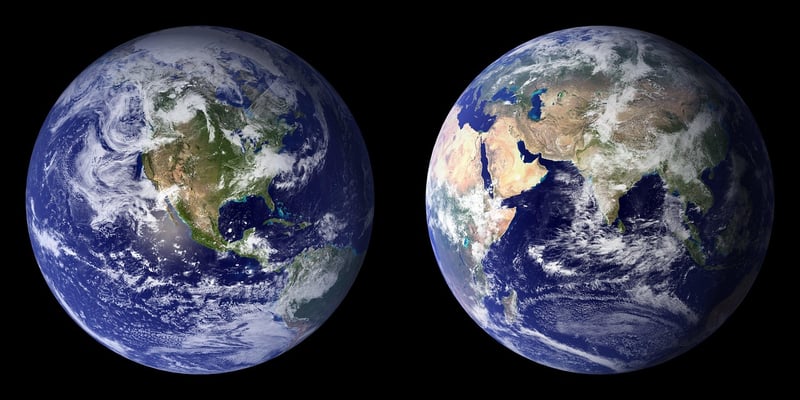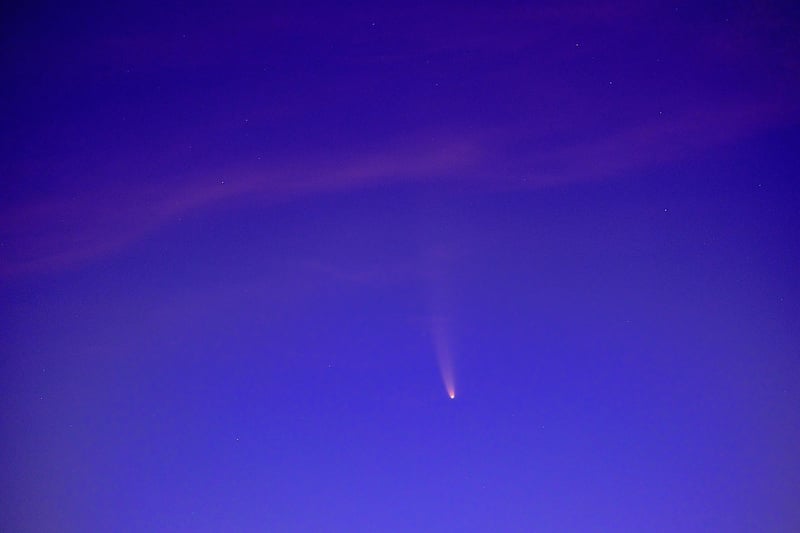Future exploration
The Evolution of Exploration: From Ancient Times to the Future
Ancient Exploration
Ancient civilizations like the Egyptians, Greeks, and Romans were pioneers of exploration, venturing into unknown lands in search of resources, trade routes, and knowledge. These early explorers laid the foundation for future generations to expand their horizons.
Age of Discovery
The Age of Discovery in the 15th to 17th centuries saw European explorers like Christopher Columbus, Vasco da Gama, and Ferdinand Magellan sail across oceans, mapping new territories, and establishing global connections. This period marked a significant leap in maritime exploration.
Space Exploration
With the dawn of the space age in the mid-20th century, humanity reached for the stars. Milestones like the moon landing, Mars rovers, and space stations have expanded our understanding of the universe and opened up possibilities for future space exploration.
Future of Exploration
The future of exploration holds exciting prospects, from manned missions to Mars and beyond to the exploration of deep-sea trenches and remote regions on Earth. Advancements in technology, such as AI, robotics, and virtual reality, will revolutionize how we explore and interact with our environments.
Challenges and Opportunities
While exploration offers endless opportunities for discovery and innovation, it also presents challenges such as environmental impact, resource depletion, and ethical considerations. Balancing exploration with sustainability and ethical practices will be crucial for future endeavors.
Join the Journey
Whether you're a history enthusiast, a space buff, or a tech geek, the evolution of exploration has something for everyone. Stay curious, stay informed, and join us as we embark on the next great adventure of discovery!


For more information on exploration throughout history and into the future, visit National Geographic's Exploration Page.
